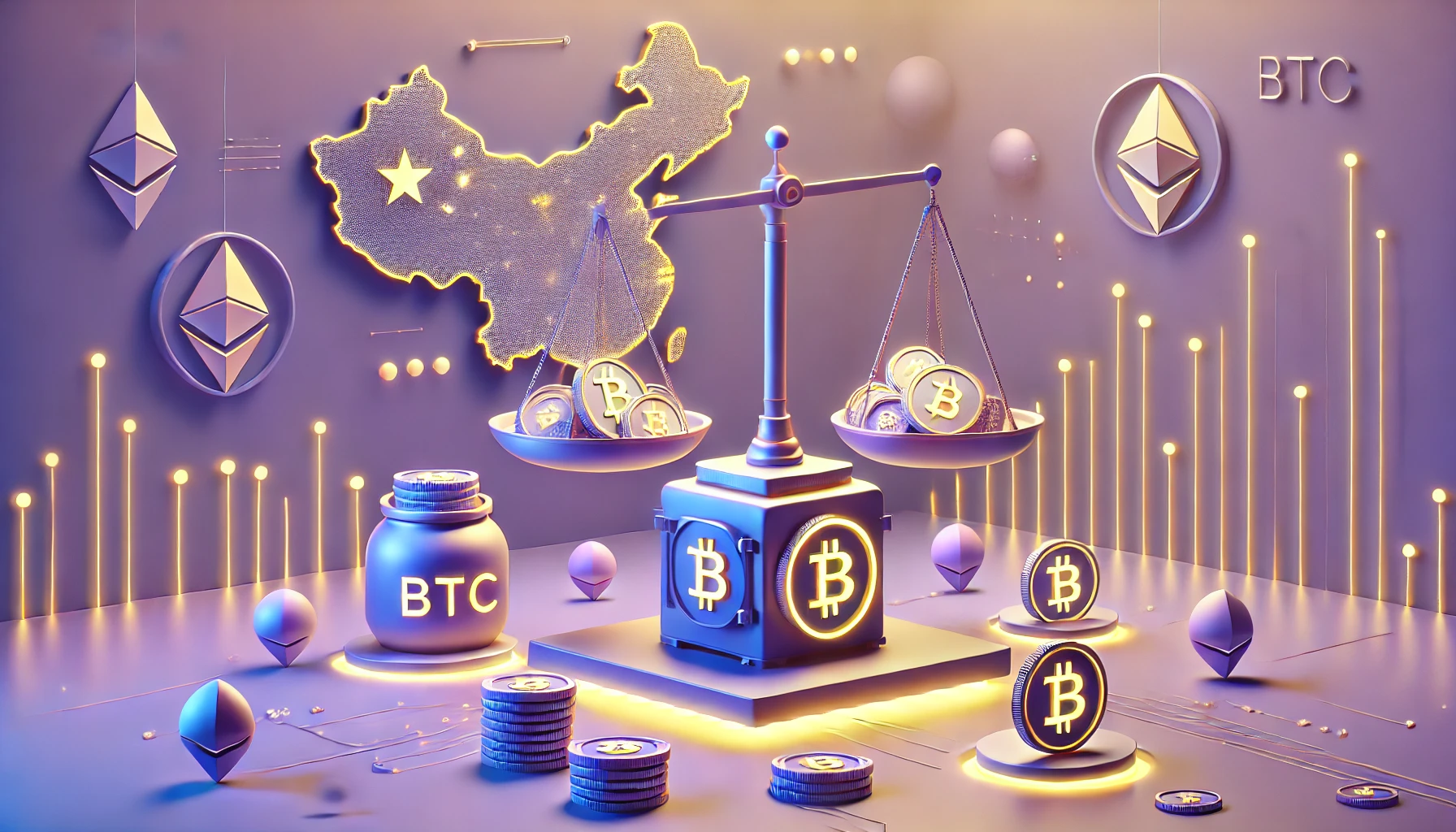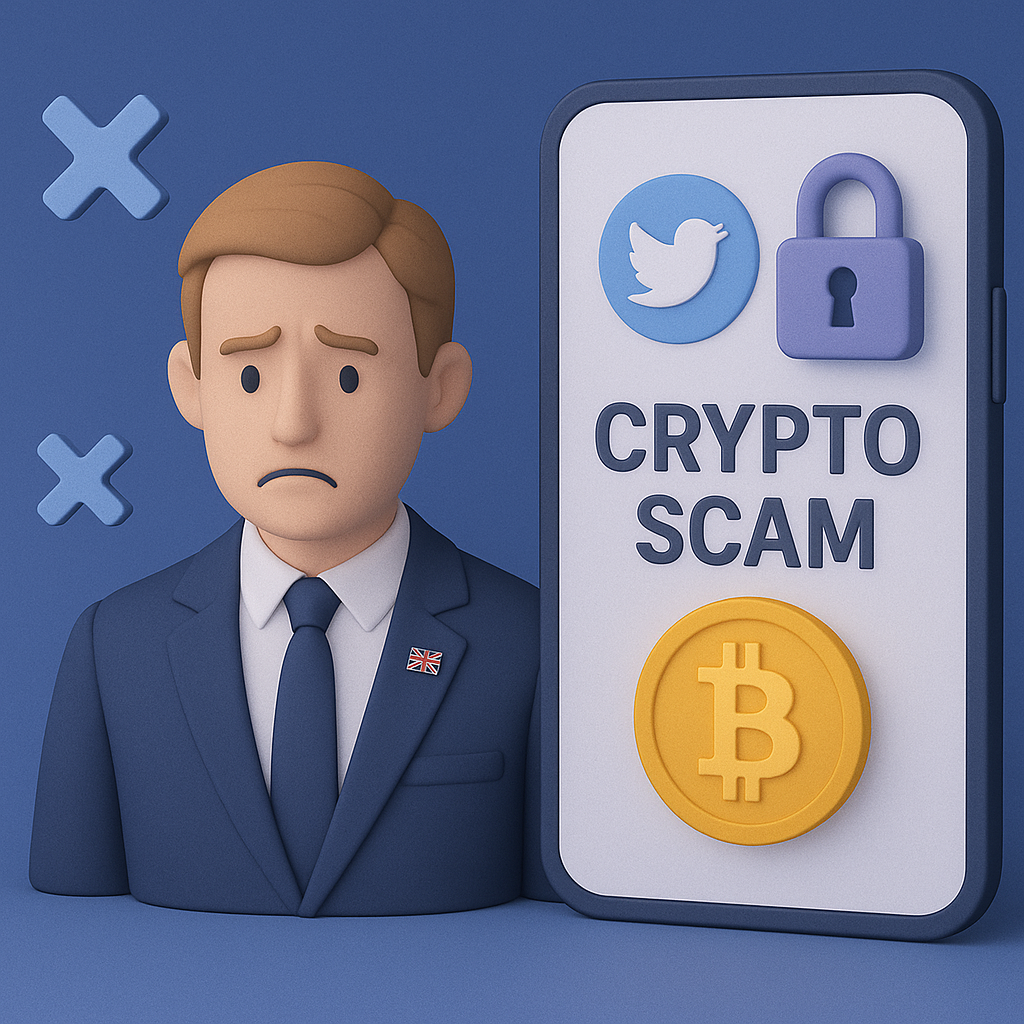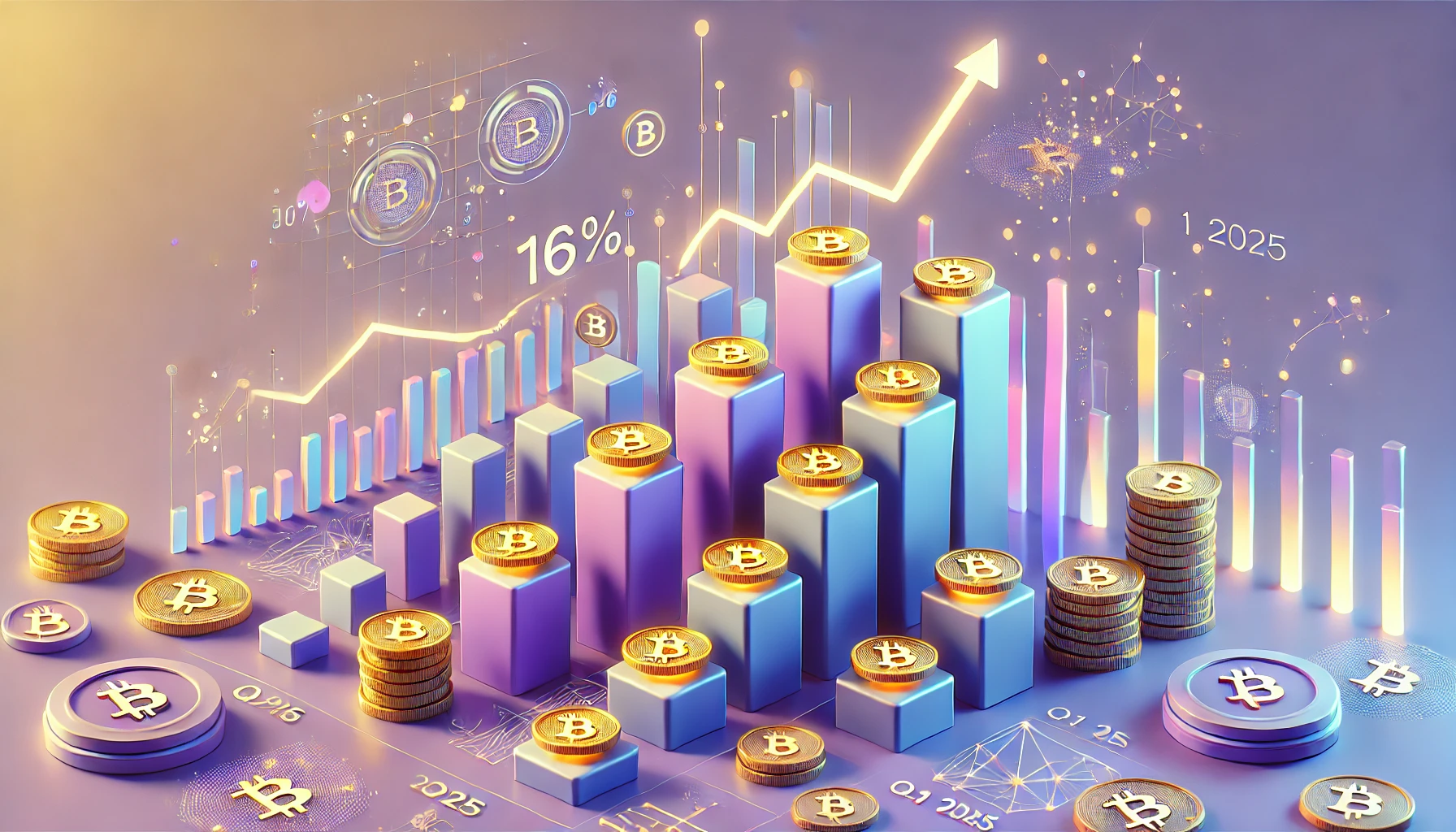Ben Zhou, CEO of Bybit, a leading cryptocurrency exchange, recently sparked a heated debate within the Ethereum community by discussing the possibility of a blockchain “rollback.” This means rolling back its history in the event of a catastrophic event. This statement, while presented as an extreme measure, raises crucial questions about the immutability of the blockchain and the limits of decentralization. This article explores Zhou’s arguments, the reactions they provoked, and the implications of such a scenario for the future of Ethereum.
Rollback: A Backup Solution for the Ethereum Apocalypse?
Ben Zhou emphasized that rollback would only be possible in the event of a “black swan event,” i.e. an unpredictable and disastrous event that would threaten the very existence of Ethereum. He cited examples such as a successful quantum attack, a major protocol bug, or excessive centralization of the network that would make it vulnerable to censorship. In such a situation, a rollback could be seen as a “last resort” to preserve the blockchain and the assets stored on it.
However, Zhou insisted that a rollback would be an extremely difficult and controversial decision, requiring massive consensus from the Ethereum community. He also acknowledged that it would challenge the fundamental principle of immutability of the blockchain, which guarantees that past transactions cannot be changed. The dilemma is clear: prioritize the survival of the network over its integrity, or maintain immutability at the risk of losing all data.
Immunity vs. censorship: The dangers of centralized power
Zhou’s statements triggered an avalanche of reactions within the Ethereum community. Some praised his caution and willingness to think of contingencies in case of crisis. Others have expressed concern about the idea of a rollback, fearing that it could pave the way for further centralization of power and potential censorship of transactions. The issue of the immutability of the blockchain is key.
The main argument against a rollback is that it would set a dangerous precedent. If a rollback were possible in a crisis, it would mean that the history of the blockchain could be rewritten by a central authority, calling into question trust in the system. Furthermore, it could incentivize malicious actors to attempt to cause “black swan events” in order to manipulate the blockchain to their advantage.














